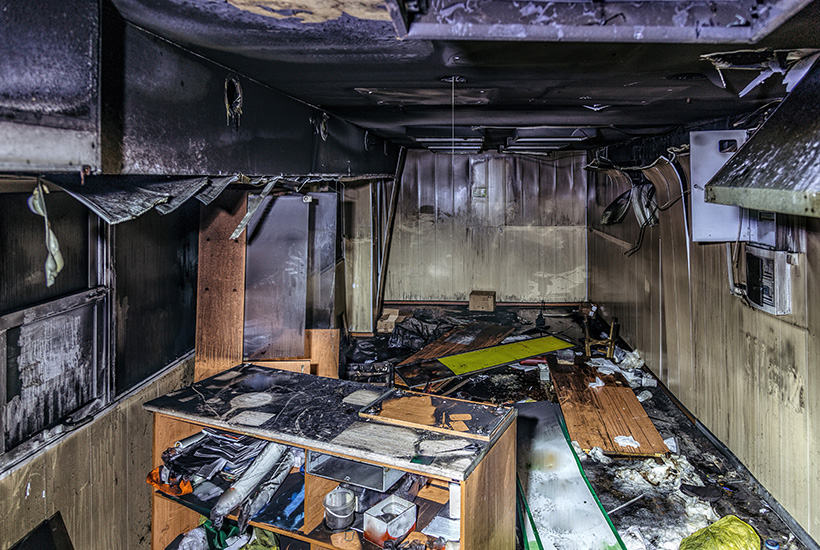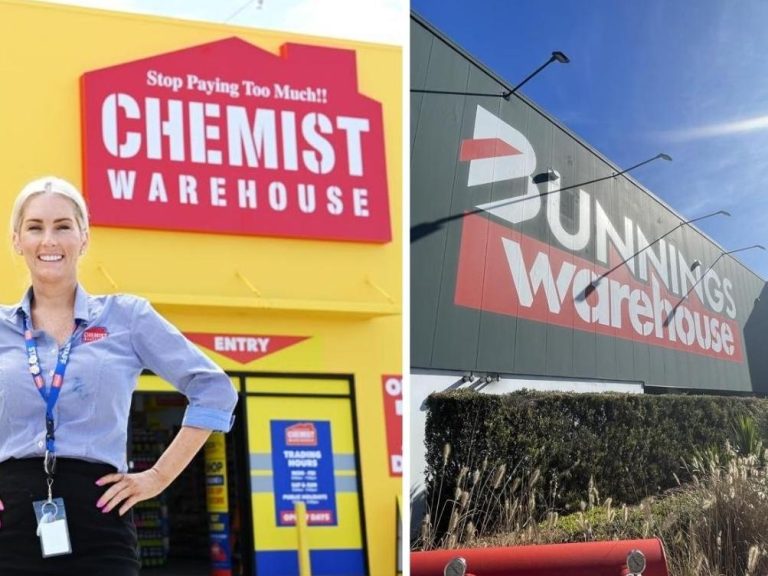6 things to know about commercial property and building insurance

Similar to residential home insurance, commercial property insurance is a non-negotiable factor for property owners and tenants.
Both groups are required to have insurance as, without it, they expose themselves to high-risk situations.
This includes fire and flood damage, structural wear and tear, loss of businesses, and customer injury claims.
Here are six things you need to know about commercial property insurance.
1. Commercial property insurance covers you for what you can’t control
As with house insurance, commercial property insurance provides coverage for potential damage to a building, including equipment, contents and stock, resulting from events such as fire, storms or burst pipes.
Commercial property insurance policies “de-risk” assets should anything happen to either property owners or tenants, according to Ray White Commercial Gold Coast agent, Luke Boulden.
He said while baseline insurance policies covered fire and plate glass damage plus public liability, savvy operators should also include plant and equipment cover.
However, he recommends paying for full coverage to ensure insurance policies cover all areas.
“Having full coverage helps minimise exposure to any … risks and elevates any need to finance capital for repairs as well,” he said.
2. Landlord and tenant insurance differences
Different commercial property insurances are needed for property owners, or landlords, and tenants.
While this may seem to be doubling up on a property’s insurance, Mr Boulden explained that as landlord and tenants have very different interests, their insurance policies covered contrasting components of the assets involved.
“A tenant’s policy would protect the operation of the business and the fundamentals of the lot that they lease,” he said.
“But a landlord’s policy will cover the exposure, or operation, of the property itself.”
Landlords insurance
Landlords’ insurance coverage will therefore protect the entire building, from the roof to the air conditioning system, and common areas such as stairwells.
These common areas will also need public liability and plate glass insurance.
Tenants insurance
Commercial property insurances for tenants need to include protection for fire and plate glass damage as well as plant and equipment cover.
Public liability, in particular, is crucial with this detail covering all clients, customers and staff members, with indemnity insurance a good idea too.
Mr Boulden said insurance policies also included income protection, comparable to those of individuals.
He added that a good example of the importance of income protection was a recent building at Surfers Paradise being shut down due to asbestos.
“The building was condemned and as this was a landlord consideration, the landlord’s coverage protected his refurbishment works on the asbestos removal and repairs,” he said.
“In the same sense, while the bar was still not able to not operate, the tenants did have complete coverage to ensure they were still receiving a payout on a monetary basis to cover their losses.”
3. Commercial property insurance costs can vary widely
Insurance premiums will vary depending on the commercial property.
But according to Mr Boulden, a great deal depends on a building’s age and quality, and what it’s used for.
He said a tattoo parlour could have a larger insurance premium than a professional office suite, as tattoo parlours were considered a higher risk in comparison.
A property’s location is also important with high-crime areas often resulting in higher insurance rates.

Tattoo parlours can have a larger insurance premium than an office suite. Picture: Getty
4. Brokers can offer great commercial property insurance advice
Mr Boulden believes commercial property landlords and tenants should talk with an insurance broker, rather than a bank, about the insurance aspects of their site.
He said banks didn’t necessarily offer great deals or give people exposure to different insurance policies to ensure complete coverage.
“But as a one-stop shop, brokers are completely aware of all the fundamentals required for commercial property insurance,” he said.
“They know what your requirements are before you do and they’ll help you find the best cover and best policy for your price point.
“They’ll know what you need and find an umbrella policy which will cover all aspects.”
Landlords and tenants should also carefully check Product Disclosure Statements (PDS) as they can vary a great deal between different brokers and banks.
5. There are some things commercial property insurance won’t cover
Commercial property insurance can cover the accidental damage of a building’s external and internal structures.
This includes roofs, walls, plate glass and similar fittings with plant and equipment cover also available.
As well, insurance policies can help with fire, storm and flood damage, and vandalism.
However, landlords and tenants should be aware that commercial property insurance won’t cover poor maintenance and neglect such as termite and vermin damage, rust, mould and faulty designs.
Government demolition will not be covered by insurance policies either.

Not all damage will be covered by an insurance policy, but flood damage like this should be included. Picture: Getty
6. Review those documents carefully before assuming you’re covered
Mr Boulden said while commercial property insurance was a heavily regulated industry, it was still important to dot every ‘i’ and cross every ‘t’.
“Review every single document as soon as you get it and make sure you’re getting what you asked for,” he said.
“You should be provided with a certificate of currency, which stipulates what your cover is.
“If you’re a tenant, your landlord is your nominated party and if they’re not (on the certificate), this will void the certificate and the insurance coverage won’t be as complete as it should be.”







